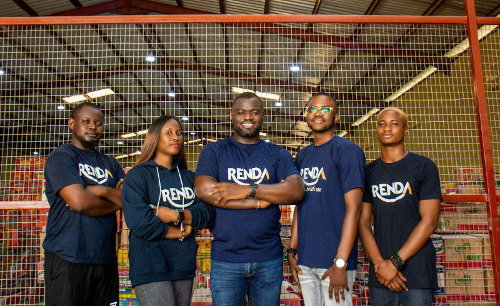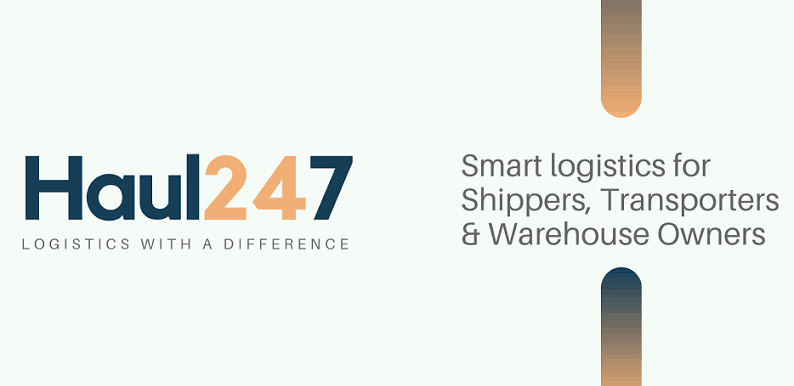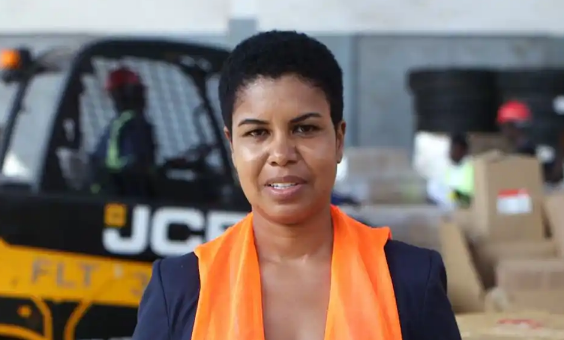Renda, a logistics startup, has raised $1.9 million in pre-seed equity and debt funds.
Ingressive Capital led the $1.3 million equity investment, which also included Techstars Toronto, Founders Factory Africa, Magic Fund, Golden Palm Investments, Reflect Ventures, and Vastly Valuable Ventures, according to a statement from the company. Founders Factory Africa and SeedFi provided the $600,000 debt funding investment.
Renda said that the pre-seed funding would be used to make its services more technologically advanced, to grow its partnership network across all busy markets, and to expand to more cities in Nigeria and East Africa.
Read also: 6 Prospective Grant Opportunities for African Startups
Renda is a renowned 3rd Party fulfilment supplier that helps African enterprise and medium-sized e-commerce enterprises develop. Renda helps businesses achieve profitability, reach more consumers, and streamline operations with flexible storage, inventory management, order processing, on-time and in-full delivery, cash collection, and reconciliation.
Renda is a technology solution that improved order fulfilment and helped businesses increase across Africa. Ope Onaboye, a third-time founder, and Bimbo Onaboye, an experienced automobile product manager, created it.
On the African market, Renda faces competition from companies like Haul247, Amitruck, and Leta.
Renda’s aim for firm growth
According to Renda CEO and Co-Founder Ope Onaboye, the fundraising will assist the company achieve its vision.
Renda aims to be Africa’s largest and most trusted fulfilment partner for e-commerce and significant businesses. We have helped some of Nigeria’s leading manufacturing, FMCG, agribusiness, and e-commerce enterprises scale across Nigeria since our founding.
“We appreciate the investors who believe in Renda and have partnered with us to build the continent’s commerce future. I’m delighted to use technology to streamline order fulfilment and retail distribution for thousands of businesses throughout the continent.”
Maya Horgan Famodu, Founder and Partner of Ingressive Capital, commented on the funding.
“Investing with Renda is strategic for us. Renda’s technology solves a significant problem in African manufacturing and e-commerce by providing seamless fulfilment infrastructure access.
Renda’s success in Africa, revolutionising logistics and storage and providing commercial prospects, has increased focus on markets and export solutions to enhance African currencies.
Read also: Nigeria opens startup portal for tech innovators
Renda’s journey
Since it began, Renda says it has helped more than 500 businesses in 15 Nigerian states and seen growth of up to 450% yearly. It’s handled more than 250,000 orders, which has helped big companies in e-commerce, manufacturing, and fast-moving consumer goods (FMCG) reach more than 100,000 users.
It grew to Kenya in 2023 to make its presence in Africa stronger. This aligned with its goal of becoming the biggest and most reliable fulfilment partner for African businesses.






